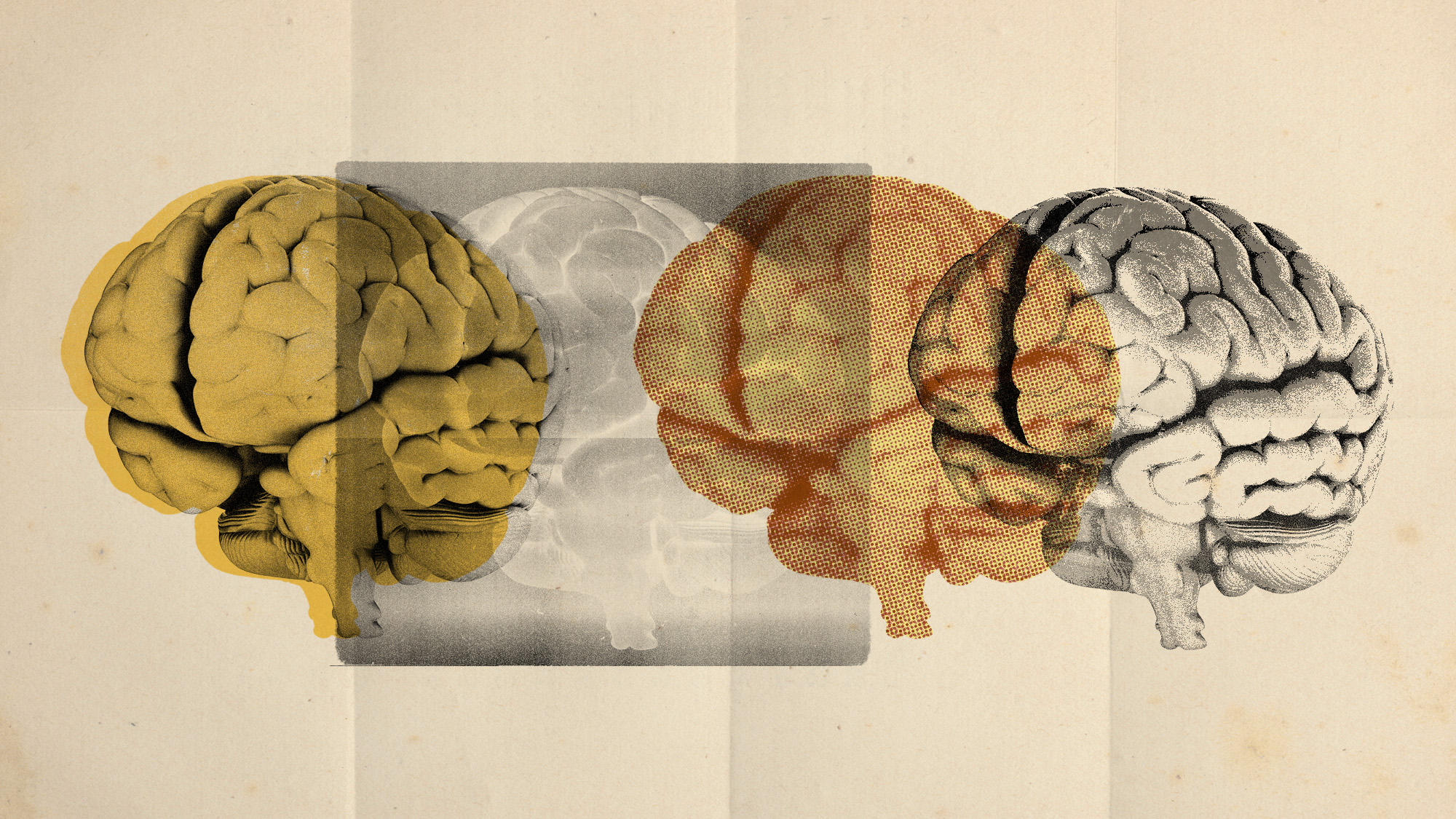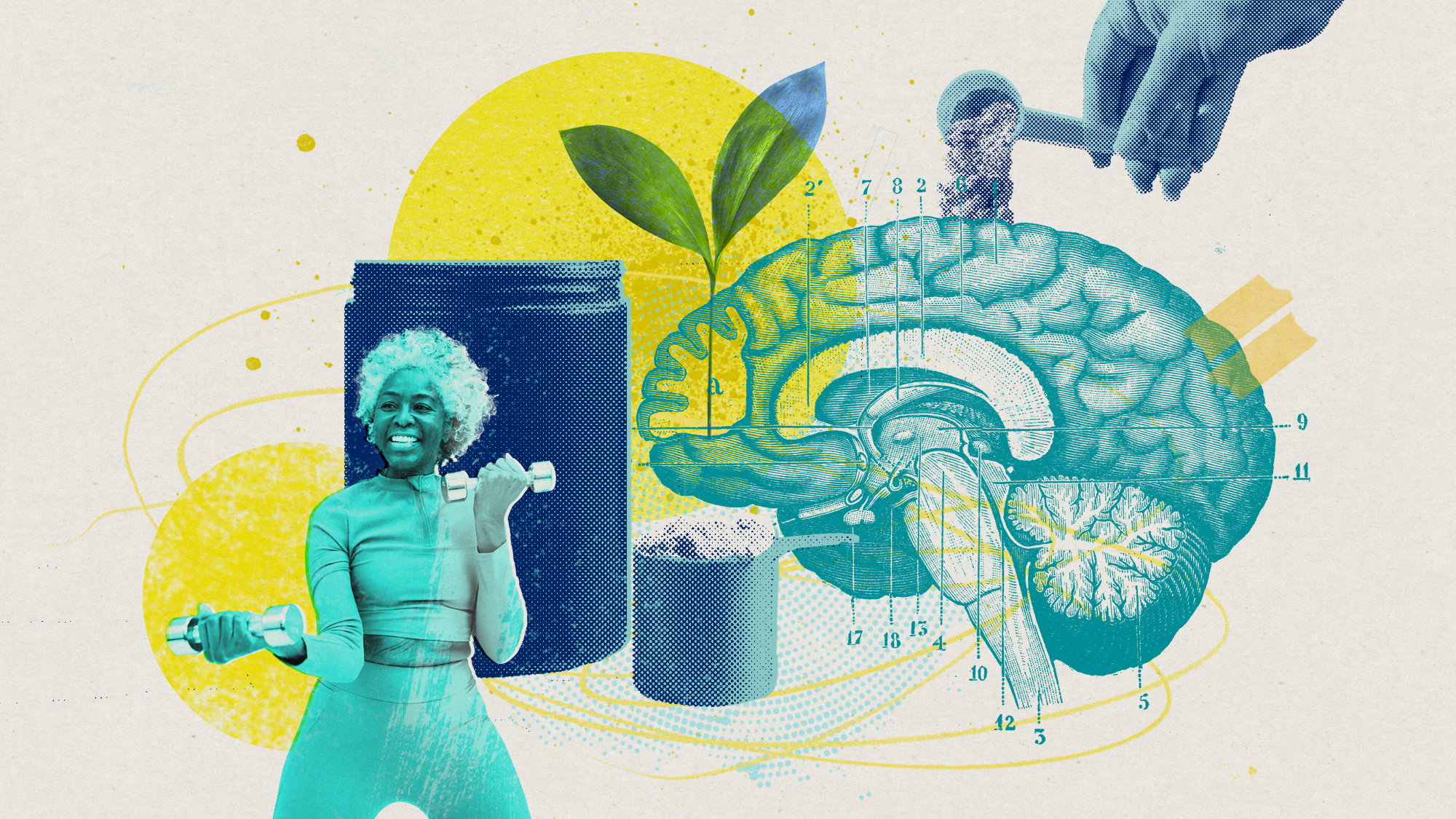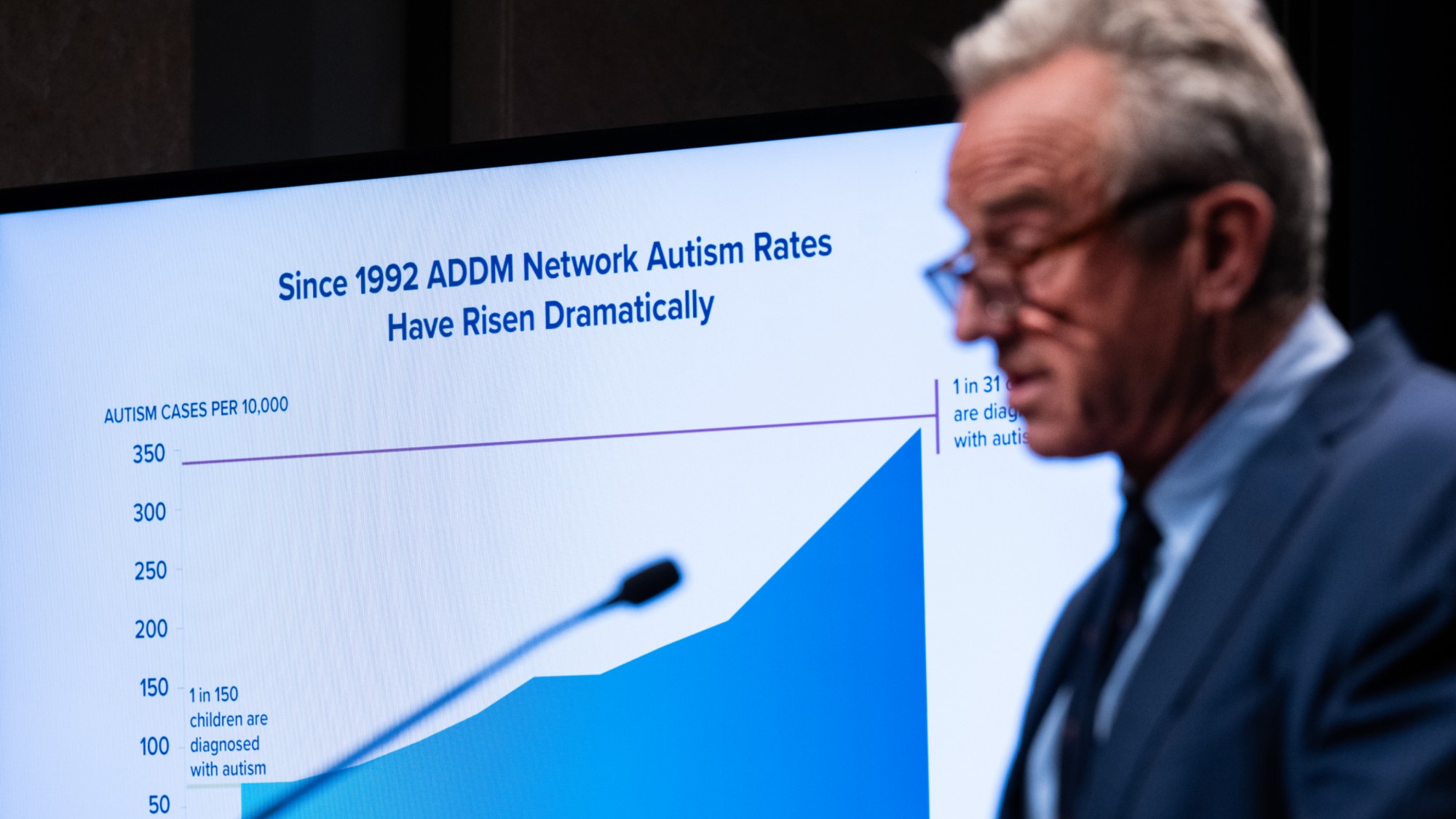Breakthrough study identifies 44 genes linked to depression
Discovery raises hopes of a new generation of treatments for the disorder

A free daily email with the biggest news stories of the day – and the best features from TheWeek.com
You are now subscribed
Your newsletter sign-up was successful
Groundbreaking new research mapping out the genetic foundations of depression in unprecedented detail has raised hopes of finding more effective treatments for the mental disorder.
Researchers have identified 44 gene variants that increase the risk of developing depression, The Guardian reports. Of these variants, 30 have never been connected to the condition before, according to a paper published in journal Nature Genetics.
“By tripling the number of gene regions linked to depression, scientists now hope to understand more about why the disorder strikes some but not others, even when they have similar life experiences,” The Guardian says.
The Week
Escape your echo chamber. Get the facts behind the news, plus analysis from multiple perspectives.

Sign up for The Week's Free Newsletters
From our morning news briefing to a weekly Good News Newsletter, get the best of The Week delivered directly to your inbox.
From our morning news briefing to a weekly Good News Newsletter, get the best of The Week delivered directly to your inbox.
The findings of the study, the largest ever carried out into the part played by DNA in depression, “could also help in the search for drugs to treat the condition, which affects as many as one in four people over a lifetime”.
Previous work on depression using twins as test subjects indicated that genetics account for about 40% of depression risk factor, while life experiences and biological factors make up the remaining 60%.
Professor of statistical genetics Cathryn Lewis, a senior author on the study at King’s College London, said: “If you have a lower genetic burden of depression, perhaps you are more resistant to the stresses we all experience in life.
“We know that thousands of genes are involved in depression, with each having a very modest effect on a person’s risk,” she added. “There is certainly no single gene for depression.”
A free daily email with the biggest news stories of the day – and the best features from TheWeek.com
Co-author Gerome Breen added that the discovery of the connection between gene variants and depression opens the door to a new generation of drugs.
“What we’ve had in recent decades is a shortage of new mechanisms that underlie depression and psychiatric disorders. The hope is that in new data we identify new processes that can be targeted by newly developed types of drugs, which have different mechanisms of action to existing medications,” Breen said.
-
 Why are election experts taking Trump’s midterm threats seriously?
Why are election experts taking Trump’s midterm threats seriously?IN THE SPOTLIGHT As the president muses about polling place deployments and a centralized electoral system aimed at one-party control, lawmakers are taking this administration at its word
-
 ‘Restaurateurs have become millionaires’
‘Restaurateurs have become millionaires’Instant Opinion Opinion, comment and editorials of the day
-
 Earth is rapidly approaching a ‘hothouse’ trajectory of warming
Earth is rapidly approaching a ‘hothouse’ trajectory of warmingThe explainer It may become impossible to fix
-
 ‘Longevity fixation syndrome’: the allure of eternal youth
‘Longevity fixation syndrome’: the allure of eternal youthIn The Spotlight Obsession with beating biological clock identified as damaging new addiction
-
 RFK Jr. sets his sights on linking antidepressants to mass violence
RFK Jr. sets his sights on linking antidepressants to mass violenceThe Explainer The health secretary’s crusade to Make America Healthy Again has vital mental health medications on the agenda
-
 The app tackling porn addiction
The app tackling porn addictionUnder the Radar Blending behavioural science with cutting-edge technology, Quittr is part of a growing abstinence movement among men focused on self-improvement
-
 Scientists have identified 4 distinct autism subtypes
Scientists have identified 4 distinct autism subtypesUnder the radar They could lead to more accurate diagnosis and care
-
 'Poo pills' and the war on superbugs
'Poo pills' and the war on superbugsThe Explainer Antimicrobial resistance is causing millions of deaths. Could a faeces-filled pill change all that?
-
 'Wonder drug': the potential health benefits of creatine
'Wonder drug': the potential health benefits of creatineThe Explainer Popular fitness supplement shows promise in easing symptoms of everything from depression to menopause and could even help prevent Alzheimer's
-
 Fly like a breeze with these 5 tips to help cope with air travel anxiety
Fly like a breeze with these 5 tips to help cope with air travel anxietyThe Week Recommends You can soothe your nervousness about flying before boarding the plane
-
 RFK Jr.'s focus on autism draws the ire of researchers
RFK Jr.'s focus on autism draws the ire of researchersIn the Spotlight Many of Kennedy's assertions have been condemned by experts and advocates